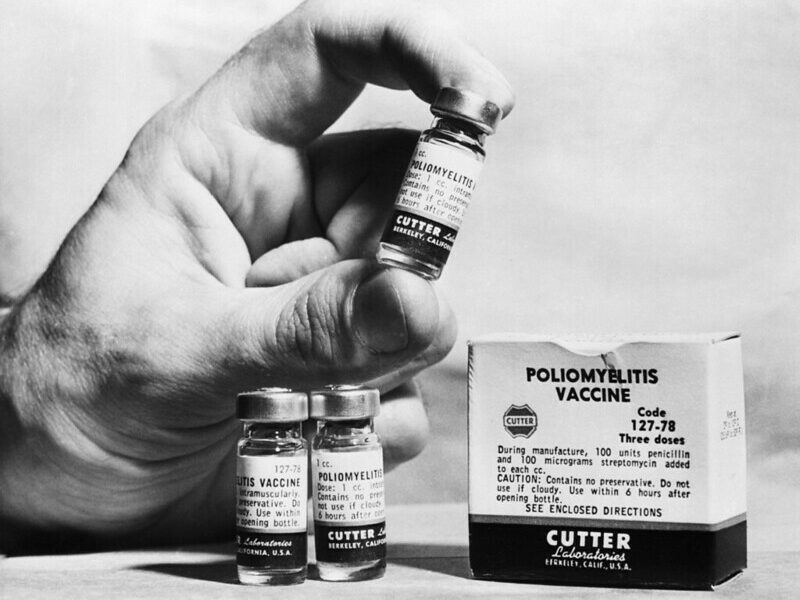The number of cases in Europe’s E. coli outbreak continues to rise. More than 2,000 people have been infected and 18 have died (17 in Germany and 1 in Sweden). Denis Coulombier, head of surveillance and response for the European Center for Disease Prevention and Control, said health experts are shocked by the outbreak’s size. Today, WHO stated 10 countries have reported cases to the organization’s Europe branch: Austria, Denmark, France, Germany, Netherlands, Norway, Spain, Sweden, Switzerland and the United Kingdom. According to media reports, the Czech Republic also has a case. Two Three US cases have been reported in people who had recently visited Germany. A WHO spokesperson stated "This is a unique strain that has never been isolated from patients before.” German and Chinese scientists sequencing the genome reported it was new (you may download the analysis at ftp://ftp.genomics.org.cn/pub/Ecoli_TY-2482), but a US CDC scientist has suggested the strain may have been seen earlier in a single case in Korea. Regardless of the newness of the strain, its resistance to 14 antibiotics is quite worrying. The source of the outbreak remains unknown. German authorities initially suggested Spanish cucumbers were a possible culprit, but they have since been cleared. Unfortunately for Spanish farmers, the economic damage cannot be undone. Spain is considering legal action against Germany; it believes there was inadequate evidence to implicate Spanish cucumbers. Russia initially blocked vegetable imports from Spain and Germany, but it is now banning all European Union produce, a move the European Commission condemned as unnecessarily extreme. German officials are discouraging consumption of raw vegetables. Individuals who have recently traveled to Germany and become sick (especially with bloody diarrhea) should seek medical care and report their travel history to their physician.
